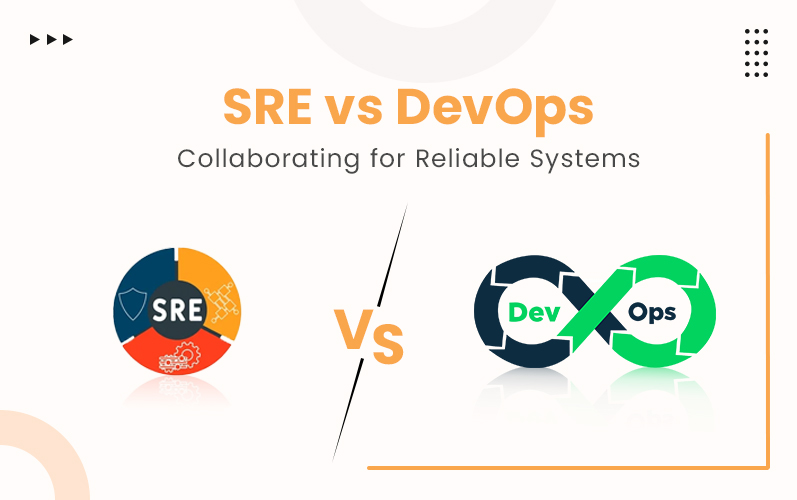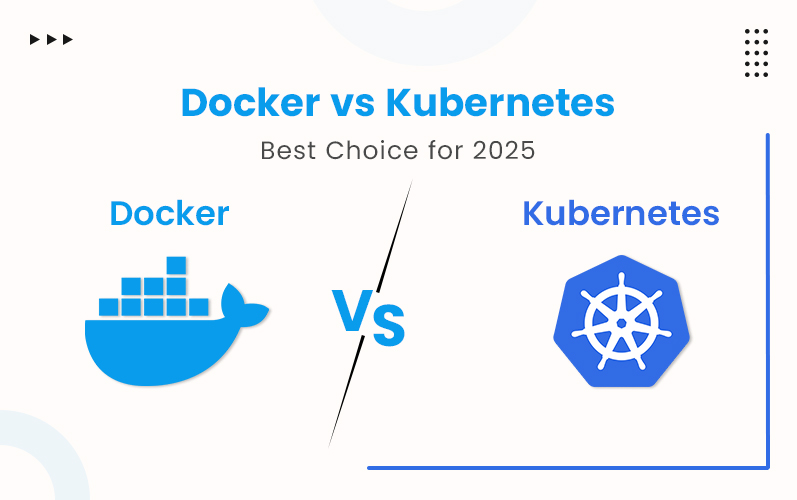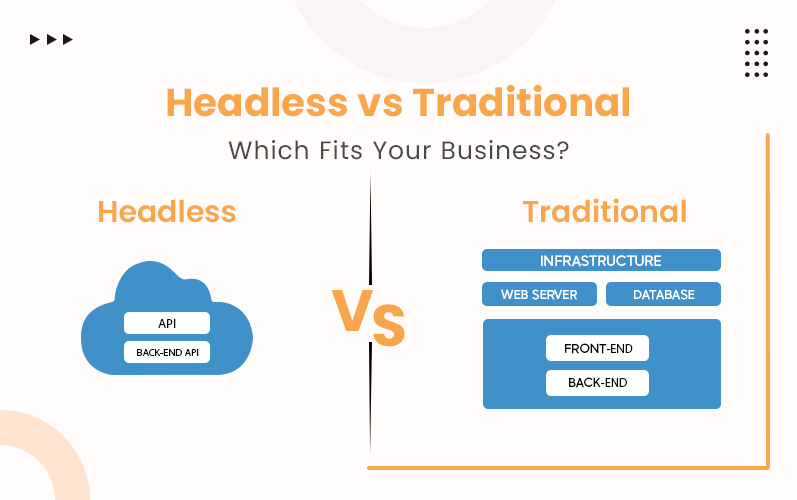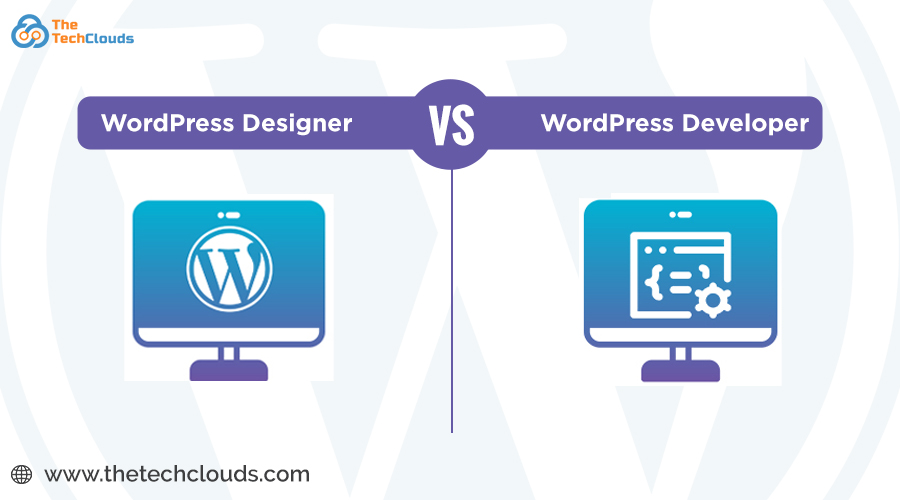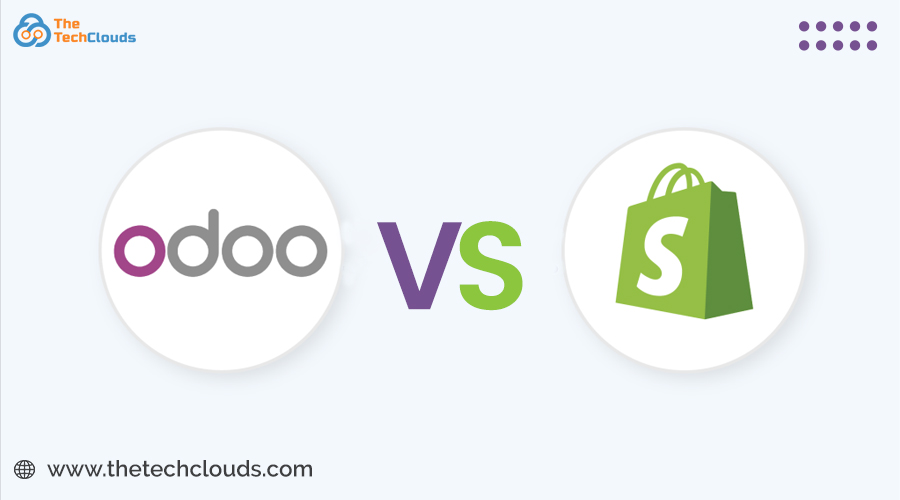Modern world of web app development requires speed, scalability, and flexibility. NodeJS is a powerful solution using which you can create high-performing and feature-rich web applications. Its compact and event-driven architecture allows developers to create apps that handle massive traffic without compromising performance. From real-time applications to complex enterprise solutions, Node.js is widely adopted across industries for its efficiency and adaptability. With its vast community support and extensive libraries, Node.js development continues to be a preferred choice for developers worldwide.
Key Takeaways:
- Node.js is future-proof:Its event-driven, lightweight, and high-speed nature makes it the backbone for scalable, real-time web apps.
- One Language, Endless Possibilities: Using JavaScript across frontend and backend reduces complexity and creates harmony in development workflows.
- Business-Ready Efficiency: Faster load times, SEO advantages, and reusable modules make Node.js a direct driver of digital growth.
- Versatility Beyond Limits: From gaming platforms to enterprise dashboards, Node.js powers applications that demand speed, reliability, and flexibility.
What is NodeJS?
NodeJS is an open-source, cross-platform JavaScript runtime environment that enables server-side execution of code. Built on Google’s V8 engine, it is fast, efficient, and highly scalable. Node.js development empowers developers to create real-time, data-intensive applications that work seamlessly across devices.
Why NodeJS is the Best Choice for your Next Project?
Let’s explore the top reasons why Node.js stands out as the best choice for your next project:
High-Speed Performance: Powered by Google’s V8 engine, Node.js compiles JavaScript into native machine code, resulting in lightning-fast execution.
Enterprises that hire dedicated Node.js developers can build responsive, flexible applications capable of handling multiple concurrent connections. For instance, PayPal improved response time by 35% and doubled request handling capacity using Node.js.
Effortless Code Sharing: With Node Package Manager (NPM) offering over 50,000 packages, developers can easily share, update, and reuse codes. This boosts productivity and simplifies project setup. Web development companies benefit from the pre-built modules, reducing development time.
Real-Time Web Application Support: Perfect for gaming, chat, and live-streaming apps. Node.js excels at event-based, non-blocking operations, making real-time data handling smooth and efficient.
Single Code Base: Write using JavaScript for both client and server sides, ensuring synchronized data transfer without complexity. This unification streamlines development and maintenance.
Efficient Data Streaming: Node.js handles I/O processes effectively, allowing simultaneous uploading and media transcoding. This is a big advantage for applications involving video, audio, or large file processing.
Leverage JavaScript Skills: Since most developers are familiar with JavaScript, transitioning to Node.js is simple. When you hire dedicated NodeJS developers the recruitment process becomes faster and skill alignment easier.
Simplified Hosting: Node.js enjoys strong PaaS support, making deployment faster and more efficient. Platforms like Heroku even prefer Node.js for its reliability and scalability.
Boosts Productivity: Combining front-end and backend teams in web app development comes under one JavaScript stack. This accelerates development and reduces miscommunication, resulting in faster product delivery.
Develop APIs: Node.js provides robust support for building scalable APIs, whether REST or GraphQL, enabling seamless communication between applications and databases.
Create Dashboards: Developers can design interactive dashboards that visualize data and track user activities in real time, boosting engagement.
Rich Open-Source Ecosystem: Developers can access a wide range of free tools like Redux and Flux while benefiting from a vibrant Node.js development.
Enable Chats or RTAs: From instant messaging apps to live collaboration tools, Node.js powers lightweight real-time applications with smooth user experiences. When comparing Node.js Vs. Next.js, developers often prefer Node.js for handling real-time connections efficiently.
Strong Community Support: Backed by thousands of contributors and large tech companies, Node.js offers a reliable and constantly evolving platform.
Wide Popularity: With active forums and abundant learning resources, developers can quickly find solutions and improve project efficiency.
Easy Deployment: Node.js offers a smooth setup for dedicated programming environments, making project launches faster and more reliable.
Proxy Server Capabilities: You can hire dedicated nodejs developers to build lightweight proxy servers with minimal code. This improves API interaction and data streaming efficiency.
SEO Advantages: Node.js boosts search engine visibility by enabling backend rendering, faster load times, and smoother user experiences. With Node.js development, businesses achieve stronger SEO performance and better digital reach.
Reduced Development Effort: Reusable frameworks and libraries speed up development, enabling companies to focus more on business logic.
Abundant Developer Availability: JavaScript’s ubiquity ensures a large pool of Node.js developers for both current projects and long-term maintenance.
Single-Thread Event-Driven Model: Handles heavy concurrent loads without slowing down. This makes NodeJS a powerful solution for real-time application needs.
Why Is It the Right Choice for Web Application Development?
Node.js is ideal for lightweight real-time applications like chats and messaging services, offering fast and responsive performance across devices. It efficiently runs classic web applications by processing large volumes of HTML data, ensuring SEO-friendly rendering. As a proxy server, Node.js manages multiple connections seamlessly, making it perfect for apps relying on third-party APIs. It supports dashboards for data visualization, enabling user interaction tracking and responsive design. From chat servers and video conferencing to APIs, server-side apps, and CLI tools, Node.js delivers unmatched versatility.
How to Create a Web Application Using Node.js?
Develop your web app by setting up Node.js installing dependencies via NPM and using frameworks like Express.js for routing. Implement business logic, integrate APIs, test thoroughly, and deploy using PaaS or cloud hosting services. Leveraging Node.js features you can enhance backend and frontend efficiency, just by following these steps:
Set Up the Environment: Install Node.js and initialize your project with npm init.
Choose the Right Framework: Use Express.js or similar frameworks for easier routing and middleware management.
Design the Architecture: Plan the MVC (Model-View-Controller) or microservices-based structure for scalability.
Integrate APIs: Connect external services or build custom APIs for smooth data exchange.
Database Connection: Use MongoDB, MySQL, or PostgreSQL to store and manage application data.
Implement Authentication: Add user login/signup features with secure authentication methods like JWT or OAuth.
Optimize Performance: Utilize caching, clustering, and Node.js built-in modules for speed and scalability.
Test and Deploy: Use tools like Mocha/Jest for testing and deploying on platforms like Heroku or AWS.
How the Tech Clouds Makes NodeJS Even Better?
At the Tech Clouds, Node.js development goes a step further with expert guidance and tailored solutions. The team provides end-to-end custom web application development services designed to match unique business needs. Beyond development, TTC also offers a variety of web hosting plans, carefully crafted and optimized by dedicated Node.js developers. This ensures that every application is not only well-built but also deployed in a reliable, high-performance hosting environment. By combining technical expertise with robust hosting solutions, The Tech Clouds (TTC) makes NodeJS development more powerful, efficient, and future-ready.
The Bottom Line
Node.js has proven itself as a reliable, scalable, and high-performance choice for modern web application development. With its speed, flexibility, and rich ecosystem, businesses can create real-time, data-driven applications that deliver exceptional user experiences. Partnering with The Tech Clouds (TTC) ensures access to expert Node.js developers, customized solutions, and hosting plans that take your projects to the next level.
Schedule a call today and make your web application development effortless with TTC!





